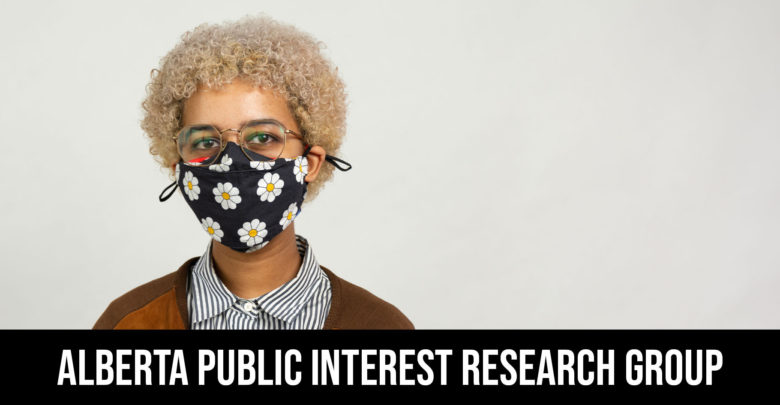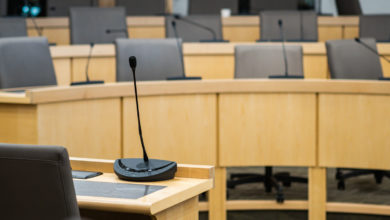SU Elections 2022 Q&A: Alberta Public Interest Research Group Plebiscite
The Students' Union 2022 election will allow students to decide on renewing the Alberta Public Interest Research Group's dedicated fee unit.
 Lochlann Kerr
Lochlann KerrIn addition to electing new student representatives, the Students’ Union 2022 election will give students the opportunity to decide on renewing the Alberta Public Interest Research Group’s (APIRG’s) dedicated fee unit (DFU).
APIRG’s DFU is put towards supporting students through student groups in addition to campus events such as A Week of Liberation and the Intersections of Queer Series. APIRG currently charges full-time students a $3.80 DFU per Winter and Fall semester, and part-time students a $1.90 DFU fee per Winter and Fall semester.
Representing APIRG in this Q&A is Sarah Alemu, a graduate from the environmental engineering program at the U of A.
The following interview has been edited for brevity and clarity.
What is this plebiscite trying to accomplish?
Sarah Alemu: Our plebiscite this year is to ask students to vote yes in support of continuing to fund APIRG. APIRG provides funding and resources for students to become active citizens and transform their communities. Through this plebiscite campaign, we want to be able to encourage them to vote for us so that we can continue supporting students. Throughout the pandemic, we’ve moved to approve more funding to go towards student project events and community building initiatives to support folks throughout these pandemic times, which of course has presented its unique challenges.
For students who don’t know, what is APIRG?
Alemu: APIRG is a student-run, student-funded non-profit that’s been here on campus for 20 years and we provide resources and supports for students. This includes funding to support projects, initiatives, and events that are in the public interest, as well as workshops and training. We offer workshops on anti-oppression at two levels. Our first course is Anti-O 101, which is very introductory level and introduces people to ideas of anti-oppression and our Anti-O 102 dives deeper into how to apply this to your student group or at any community group you’re a part of, as well as grant writing and consensus-based decision making [workshops]. Through this, we hope to equip students with the tools to become active citizens and engage with their communities.
If this plebiscite passes, how much will students be paying and how was that cost determined?
Alemu: I’ll have to get back to you on that exact dollar amount. This dollar amount is determined based off of our previous amount which is fixed to how the market fluctuates.
Editor’s note: Alemu followed up with the information in an email after the interview, saying that APIRG’s fee is $3.80 per term for full-time students in Fall and Winter semester, and $1.90 per term for part-time students in Fall and Winter semester. The fee is indexed to consumer price index (CPI).
Will all students be paying this fee?
Alemu: No — this fee is an optional fee, at the start of every semester students have the option to opt-out. The fee is for Winter and Fall semester students who are full-time or part-time students here on the main campus.
Why do you think students should care about the work being done by APIRG?
Alemu: Students should care about the work being done by APIRG because it’s a unique way to engage with what’s going on here in the campus community and beyond and think about ways we can support one another throughout the pandemic and build a stronger community.
For example, some groups that we’ve funded have been working on issues including harm reduction, as well as gender-based violence. Other events and projects have tackled bringing more diversity into arts and cultural spaces and carving out spaces for folks who maybe don’t necessarily have spaces in traditional university settings or beyond in the city and through that work we hope to build a stronger community both on campus and beyond.




